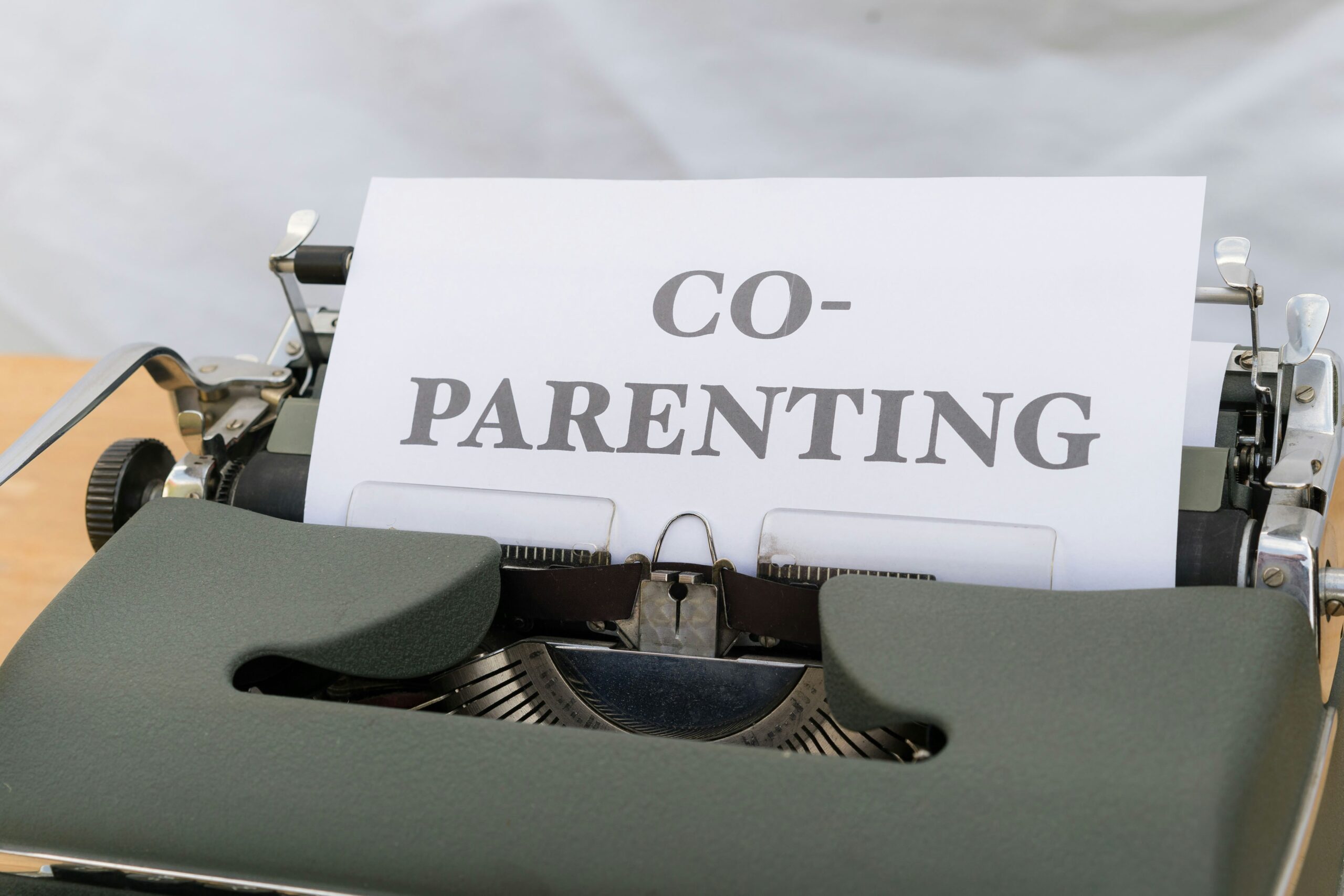Parenting after separation isn’t easy and co-parenting with someone you’re no longer emotionally close to, can feel incredibly overwhelming, especially when communication is strained or trust has been broken.
But while separation changes the nature of your relationship as adults, it doesn’t erase the shared responsibility you have as parents. And when handled with intention, co-parenting can still offer your child the security, structure and emotional safety they need, even when the situation is far from ideal.
As a trauma-informed family law solicitor, I work with parents who are doing their best to support their children whilst navigating complex and often painful personal dynamics. This article offers calm, grounded guidance to help you stay focused on what matters most, your child’s wellbeing, while protecting your own peace and emotional boundaries too.
1. Keep your child emotionally separate from adult matters
It’s completely natural to feel hurt, angry or exhausted following separation. But even when emotions are high, your child should never be asked to carry the emotional weight of your co-parenting relationship.
That means not involving them in adult conversations, not asking them to relay messages and avoiding comments that could place them in a position of emotional loyalty or confusion.
If direct communication with your co-parent is difficult, consider using a co-parenting app or email to keep discussions factual and child focused. Your child’s sense of safety depends on knowing that the grown-ups are handling things and that they’re not in the middle.
2. Not every message needs a response. It’s okay to take your time
Some messages require an immediate reply, particularly when they involve your child’s wellbeing or logistical arrangements. But others may be emotionally charged or unproductive and responding in the moment can escalate tension unnecessarily.
It’s okay to pause.
Ask yourself: Is this message about our child’s needs, or is it reactive? Is a reply truly necessary right now?
Giving yourself space to reflect before responding or choosing not to respond at all when the message does not relate to your child, can help keep communication constructive and reduce ongoing conflict. Protecting your energy isn’t avoidance. It’s self-preservation.

3. Boundaries are essential and healthy for everyone involved
Boundaries aren’t about punishment. They’re about safety, predictability and emotional wellbeing, for both you and your child.
Setting boundaries might involve:
Choosing a specific method of communication (like a co-parenting app)
Agreeing not to discuss personal matters during handovers
Having clear start and end times for contact arrangements
You are allowed to set limits. And in doing so, you model to your child what healthy adult relationships can look like, even in difficult circumstances.
4. Flexibility matters but so do your needs
Co-parenting requires a level of cooperation. Life is unpredictable and there may be times when flexibility is helpful for everyone involved.
But that flexibility should go both ways.
If you find yourself constantly adjusting plans or being asked to accommodate last-minute changes, it’s okay to set firmer expectations. Being cooperative doesn’t mean minimising your own needs and healthy co-parenting includes mutual respect and reliability.
5. Your consistency matters – even if the other parent is inconsistent
It can be incredibly frustrating when you’re trying your best to be calm, collaborative and child-focused and the other parent doesn’t appear to be meeting you halfway.
But even if the dynamic is unbalanced, your consistent approach can still have a powerful impact on your child’s wellbeing. Children notice when one parent is a steady presence, when boundaries are respected and emotions are handled calmly.
In a co-parenting situation that feels unstable, you can be their anchor.
A few final thoughts…
There’s no such thing as perfect co-parenting. There will be hard days, miscommunications and moments where you feel like giving up. That doesn’t mean you’re failing, it means you’re human.
This journey can be challenging, especially when you’re trying to rebuild after a relationship breakdown. But with clarity, compassion and the right support, calm co-parenting is possible, even when things are far from easy.
About the author
Fotoulla Menikou is a highly skilled family law solicitor with over 20 years’ experience in the legal profession, specialising in divorce, child arrangements, financial settlements and domestic abuse. She is one of the few solicitors in England and Wales trained in Trauma Informed legal practice and shares her insights in national press, Instagram (@familylawuk) and on TikTok (@thefriendlyfamilylawyer).
For more information, visit: https://thefriendlyfamilylawyer.co.uk/
